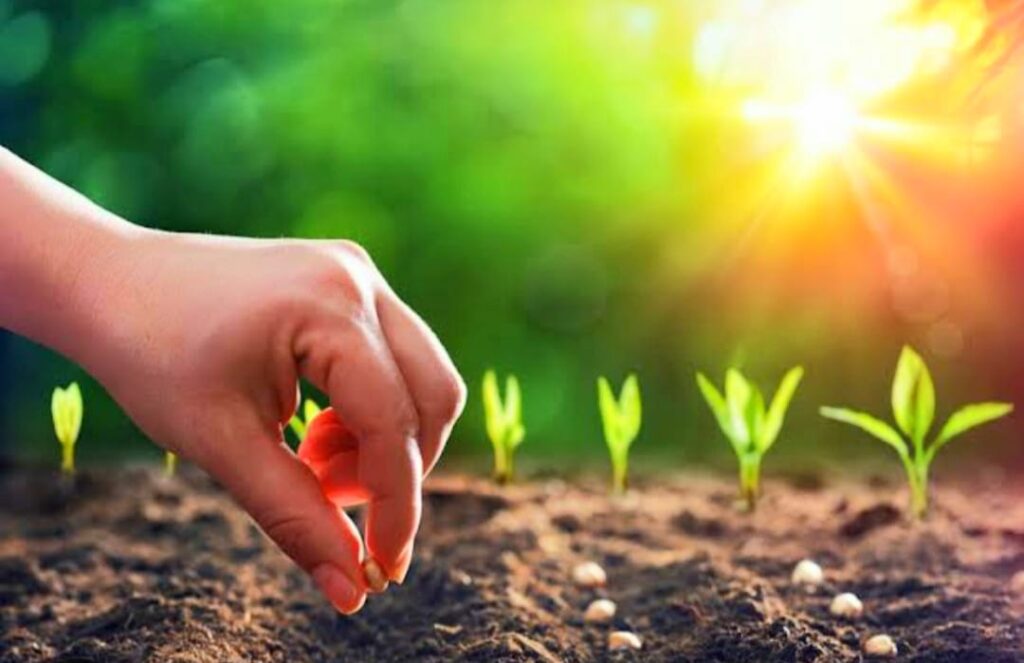International Seed Testing Association (ISTA), Switzerland plays a key role in advancing standardized methods for assessing seeds destined for international trade. This effort aims to streamline seed transactions globally and, concurrently, contribute to the overarching goal of ensuring global food security.
ISTA’s engagement spans various facets, including the formulation of universally recognized rules governing the sampling and testing of seed quality. Additionally, the association focuses on initiatives related to laboratory accreditation, furthering seed science research, and advancing test development methodologies.
In an insightful conversation with The Interview World, Dr. K. Keshavulu, the Global President of ISTA, emphasizes the pivotal role that quality seeds play in enhancing productivity and safeguarding food security. The subsequent excerpts from the interview shed light on these crucial perspectives.
Q: What’s the role of seed in ensuring food security?
A: We cannot overstate the significance of seed when it comes to elevating food production and increasing overall productivity. According to the United Nations‘ sustainable development goals, seeds play a key role in achieving these objectives. Consequently, nations worldwide are investing substantial efforts in enhancing high-yielding varieties and multiplying seed production. The ultimate aim is to ensure that these improved seeds reach farmers, leading to higher yields and increased profitability for the agricultural community.
Q: What is the global ranking of Indian seeds in terms of quality and production, and which countries currently lead in the global seed segment?
A: The global standing of Indian seeds is approximately fifth when considering the worldwide seed scenario. Despite this, our export figures are notably low in comparison to other nations. The United States of America, China, France, Netherlands, and Brazil are the foremost players in the seed industry. Following closely behind these nations is India, emerging as a significant contender in this sector.
Q: What do you suggest to the scientists working in seed development to improve the quality of seed?
A: One crucial factor for successful seed production is ensuring the quality of the seeds. To achieve this, adherence to scientific principles is paramount. This involves strict compliance with procedures for seed multiplication and adherence to specific protocols for quality assessment.
Maintaining a high-quality standard is imperative, as countries intending to import seeds from India will only accept seeds of superior quality. Careful consideration is essential in the production of quality seeds within India.
Following immediate harvest, it is imperative to undergo thorough processing and packaging. This not only safeguards the seeds but also contributes to maintaining their quality throughout the entire seed value chain until they reach the farmers. It is essential to emphasize proper packaging and storage.
In India, we aim to producing fine-quality seeds. However, often overlooked is the importance of post-harvest seed technology and the post-harvest phase. This neglect can undermine the overall quality and effectiveness of the seed production process.
Q: How can we improve the post-harvest conditions to boost the exports of seeds?
A: The primary threat to seed quality, in my opinion, is humidity. India, being a tropical and subtropical country, consistently experiences humidity levels exceeding 80%. To safeguard seed integrity, it’s imperative to swiftly clean, process, and pack seeds post-harvest. Then storing under controlled conditions can ensure their quality remains intact before reaching farmers. Establishing a government policy addressing this process is crucial.
Another key aspect is the enhancement of capabilities and capacities across various entities, spanning both public and private sectors. This includes entities such as seed companies, agricultural universities, ICR Institutes, seed testing laboratories, and seed processing facilities. Moreover, the competency of human resources holds the utmost importance for successful exports. To cap it all, adherence to international seed standards is imperative to meet the importing countries’ requirements. A comprehensive approach involving these measures is essential for ensuring the overall quality and success of seed exports.



